As the demand for skilled managers continues to grow, choosing the right management college becomes crucial for aspiring professionals. In this blog, we will explore ten essential skills that are vital for success in a management college. By focusing on these skills, students can enhance their academic journey, prepare for future leadership roles, and stand out in the competitive job market. So, let’s dive in!
Effective Communication: The cornerstone of successful management is clear and concise communication. Explore the importance of written and verbal communication skills and active listening, and how they contribute to effective collaboration and team-building.
Critical Thinking: Developing strong critical thinking skills allows management students to analyze complex problems, make informed decisions, and devise creative solutions. Discuss strategies to enhance critical thinking abilities through problem-solving exercises and real-life case studies.
Leadership Development: Management colleges aim to nurture future leaders. Highlight the significance of leadership qualities, such as integrity, adaptability, and the ability to motivate and inspire others. Share tips for students to cultivate their leadership skills.
Time Management: Time is a valuable resource, and mastering time management is essential for managing multiple responsibilities. Provide practical techniques and tools for students to effectively plan, prioritize, and organize their tasks while balancing coursework and extracurricular activities.
Teamwork and Collaboration: Managers often work in diverse teams, requiring strong collaboration skills. Discuss the benefits of teamwork, strategies for effective collaboration, and ways to navigate conflicts and challenges that may arise during group projects.
Decision-Making Skills: Managers must make informed decisions under pressure. Explore decision-making models and techniques that students can apply to evaluate options, consider risks, and make sound decisions in various scenarios.
Ethical Considerations: Management professionals face ethical dilemmas regularly. Shed light on the importance of ethical decision-making, corporate social responsibility, and sustainable business practices. Discuss how management colleges emphasize ethical awareness and responsible leadership.
Project Management: Projects are integral to the business world, and project management skills are highly sought after. Introduce the fundamentals of project management, including planning, organizing, and executing projects effectively, along with tools and methodologies used in the field.
Global Perspective: In today’s interconnected world, managers must navigate diverse cultural and global business environments. Explore the significance of having a global perspective, cross-cultural communication, and the benefits of studying in a diverse management college.
Continuous Learning: The management field is dynamic, requiring professionals to stay updated with industry trends and advancements. Encourage students to develop a growth mindset, embrace lifelong learning, and explore avenues such as internships, workshops, and professional development opportunities.
Management colleges provide a platform for students to acquire the necessary skills and knowledge to excel in their careers. By focusing on these ten essential skills, aspiring management professionals can enhance their educational experience, gain a competitive edge, and prepare themselves for the challenges and opportunities that lie ahead. Whether you’re a prospective management student or currently enrolled, embracing these skills will set you on the path to success in the exciting world of management.
